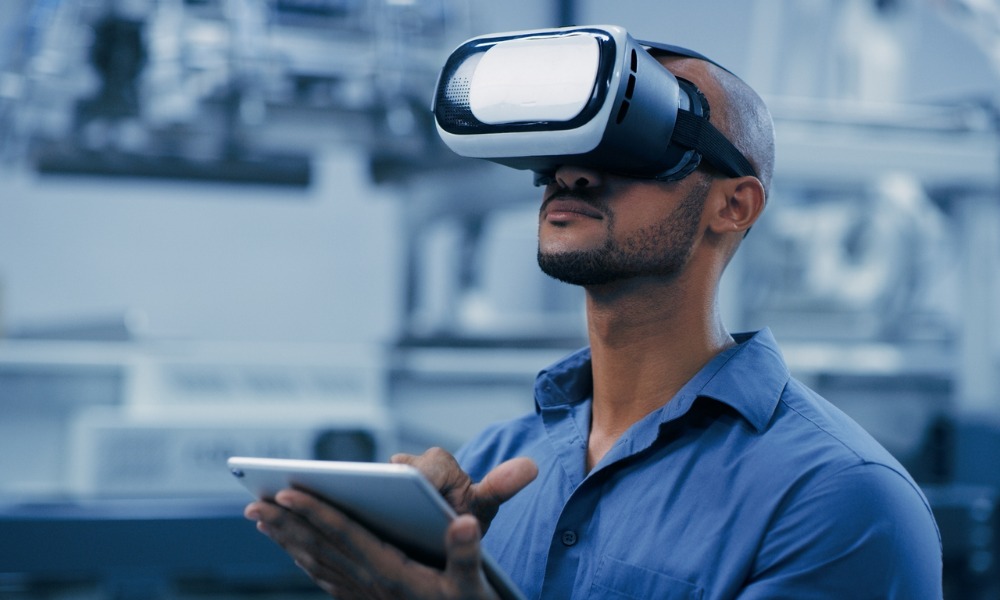
International Bar Association highlights legal risks from twinning projects

As digital twinning technology gains traction across various sectors, legal experts are sounding the alarm on the potential legal risks associated with its use, the International Bar Association (IBA) reported.
Digital twinning, the process of creating digital replicas of physical objects, systems, or processes to simulate real-world conditions, has seen rapid adoption due to its integration capabilities with other advanced technologies like IoT, AI, and cloud computing. However, the IBA warned that this technology also introduces significant legal challenges that organizations must navigate carefully.
Laura Ziferman, vice-chair of the IBA Data Law Subcommittee and a partner at Walless in Vilnius, emphasized the legal intricacies of managing the massive datasets that digital twins generate. “Digital twins collect a vast amount of real-time data, much of which is personal or confidential data. Current data processing rules prevent non-essential data sharing, although digital twins benefit from large-scale data sharing. Users of digital twins must ensure that effective data governance mechanisms are in place to manage and control the exchange of data,” Ziferman explained. She stresses the importance of implementing robust data governance frameworks to ensure data privacy and compliance with existing laws.
The UK’s Competition and Markets Authority (CMA), in its recent “horizon scanning” report, identified digital twinning as a key trend. The report discussed its applications in creating city-wide simulations and enhancing manufacturing processes, highlighting the enormous data volumes these projects can generate. According to Ziferman, this surge in data production makes digital twins prime targets for cybersecurity threats.
Moreover, the accuracy and reliability of the data used in digital twins are paramount. Docia Agyemang Boakye, chair of the IBA Data Law Subcommittee, warns of the legal implications of data errors. She emphasized that organizations should have processes to mitigate the risk of inaccuracies or biases in the digital twin data, which could lead to significant liabilities if the predictions based on such data are wrong.
The IBA further reported that intellectual property (IP) rights also pose a considerable challenge in digital twinning. Ziferman raised the critical question of who owns the digital twin and how IP rights are managed, especially when third-party developers are involved.
Lastly, Boakye pointed out that while some organizations are well-versed in the risks associated with digital twinning, others might underestimate the complexities due to limited resources or overemphasize the technology's benefits. She advises organizations to invest adequately in understanding the technology comprehensively and to prepare for potential disputes by including specific contractual clauses and obtaining appropriate insurance coverage.